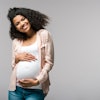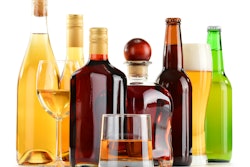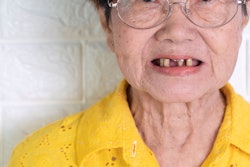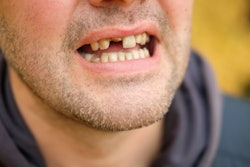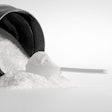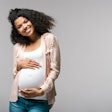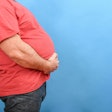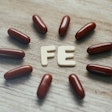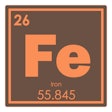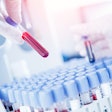Patients who consume about one alcoholic drink daily may heighten their risk of complete tooth loss considerably, according to a study recently published in the Journal of Clinical Periodontology.
Furthermore, alcohol consumption may be positively associated with body mass index (BMI), dental visits, and coronary heart disease (CHD), the authors wrote.
“The results of this study suggest that alcohol consumption affects edentulism,” wrote the authors, led by Sebastian-Edgar Baumeister of the University of Münster in Germany (J Clin Periodontol, May 6, 2025).
This quasi-experimental study analyzed data from 514,357 participants in the U.S. Behavioral Risk Factor Surveillance System (BRFSS), which is linked to state alcohol taxes. Edentulism served as the outcome variable, while the exposure variable was "drinks per day," defined as the average number of standard alcoholic drinks consumed daily over the past month, they wrote.
Instrumental variable (IV) regression modeling assessed the relationship between alcohol consumption and edentulism, as well as potential mediators (BMI and dental visits). Positive control (CHD) IV models also evaluated alcohol consumption's effects on intermediate outcomes (BMI, dental visits, and CHD) to replicate established risk relationships within the dataset.
An increase of 1.1 drinks was associated with a relative risk for edentulism of 1.12 (95% confidence interval [CI], 1.09 to 1.16), with slightly stronger effects in women compared to men, and the adjusted prevalence ratio from a multivariable probit model was 1.28 (95% CI, 1.24 to 1.32).
However, the IV probit model's Wald statistic rejected the null hypothesis of no endogeneity, indicating that the multivariable probit regression produced biased estimates, they wrote.
Similar estimates were obtained when adjusting for cigarette taxes or using beer and spirits taxes as IVs. Sensitivity analyses suggested that alcohol consumption positively affected BMI, dental visits, and CHD, while an IV probit model for individuals under age 16 showed no significant effect of alcohol on edentulism.
However, the study had limitations. The BRFSS did not permit categorization of key tooth loss indicators, such as functional dentition, the authors added.
“Further evidence from well-conducted observational and quasi-experimental studies is necessary to establish a definitive causal role of alcohol in the development of edentulism,” they concluded.



